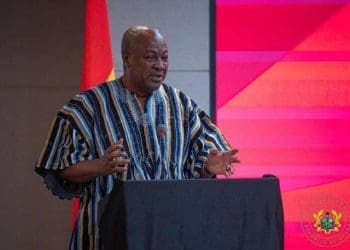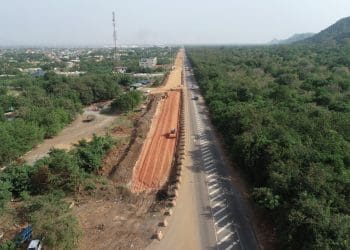The ECOWAS Court of Justice has dismissed an application filed by Ghana’s former Chief Justice, Gertrude Torkornoo, seeking to halt the work of the fact-finding committee that investigated the petition for her removal.
Justice Torkornoo had asked the regional court to issue an interim order restraining the committee, arguing that the inquiry violated her rights and undermined judicial independence.
Her legal team claimed the process lacked fairness and exposed her to reputational damage.
However, the ECOWAS Court ruled that the request for interim measures was without merit.
The provisional measures sought were intended to temporarily protect her rights and prevent irreparable harm while the substantive case was being determined.
In a decision delivered on Wednesday, November 19, 2025, the Court noted that Justice Torkornoo filed her application more than eight weeks after her suspension and over six weeks after the committee’s hearings had begun.
According to the judges, the applicant’s own timeline undermined the urgency and exceptional circumstances required for the Court to halt the proceedings pending the final determination of the case.
The panel observed that although Justice Torkornoo was suspended on April 22, 2025, and was fully aware of the proceedings against her, she waited three months before filing the application—weakening her claims of imminent or irreparable harm. Her request for a prohibition order was therefore rejected.
The Court also dismissed a separate objection raised by Ghana’s Attorney General, Dominic Ayine, who argued that the matter was sub judice because similar issues were already before a Ghanaian court.
The ECOWAS Court described the objection as “misplaced,” noting that the application before it dealt solely with alleged human rights violations arising from the suspension and removal process. It stressed that the case did not seek to overturn or interfere with any decision of the Ghanaian courts.
The judges further clarified that the sub judice rule applies only when a matter is awaiting judgment elsewhere, not merely because two proceedings share similar facts.
Having established a prima facie human rights claim, the Court affirmed its jurisdiction, declared the main application admissible, and directed the Attorney General to file a response.












